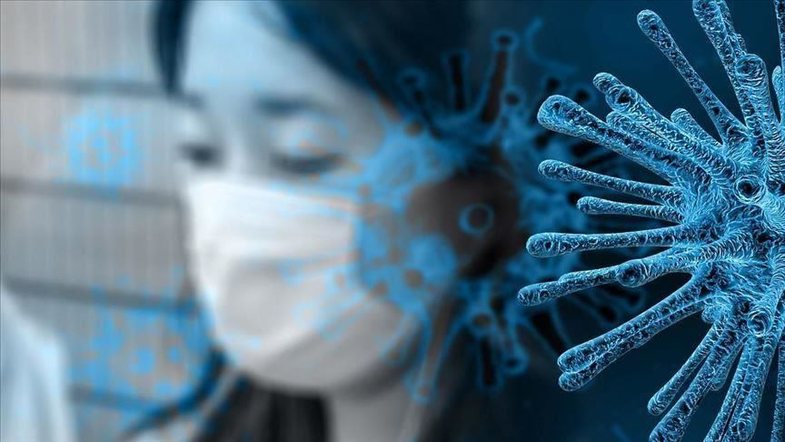
The rate of explosion of Covid-19 in Wuhan earlier this year may have been nearly 10 times higher than the registered number, shows a study conducted by China's public health authorities, implying that the city where it appeared for for the first time the virus is still far from the immunity required to protect the population from a possible outbreak.
About 4.4% of those tested have specific antibodies that can fight the pathogen that causes Covid-19, proving that they have been infected several times in the past, according to a serological survey of more than 34,000 people conducted in April by Chinese Center for Disease Control and Prevention. So about 11 million people may have infected 500,000 residents, nearly 10 times more than the 50,000 cases confirmed by health authorities in mid-April.
China has been criticized internationally for its initial treatment of the blast, which later turned into a global pandemic. Reviews of case data and deaths have added to suspicions that authorities have concealed the facts.
Serological data may present different claims, although it should be said that it is common for health authorities to underreport cases during an acute outbreak, given that testing may be limited and hospitals overloaded with a sudden increase in patients. But the ability of the coronavirus to infect people without symptoms exacerbates the problem.
The results for Wuhan mean that even China’s most hit city is still vulnerable to Covid-19. Epidemiologists say at least half of a population must have come in contact with the virus to wait for herd immunity.
Recommended articles:
- New Italian study: Covid-19 may not have originated in China, but earlier in Italy
- The scientist says that Covid-19 was created in a military laboratory in China [?]
- What is happening in China? Massive groups celebrate in Wuhan
- China imprisons journalist for reporting in Wuhan: 'Why can't I tell the truth?'
- Following the allegations, the virus laboratory in China talks about Covid-19
Others:
Source: Bloomberg, CNN





